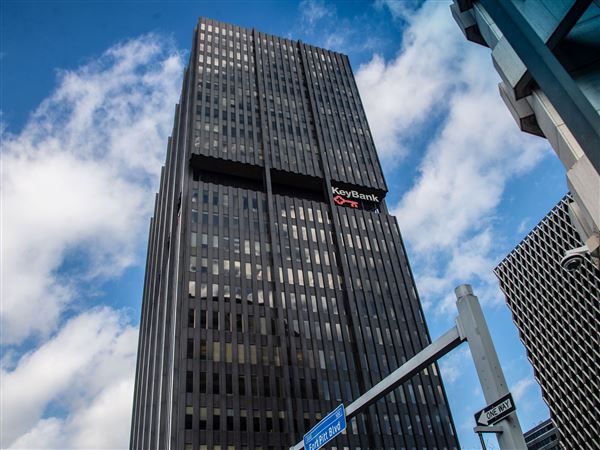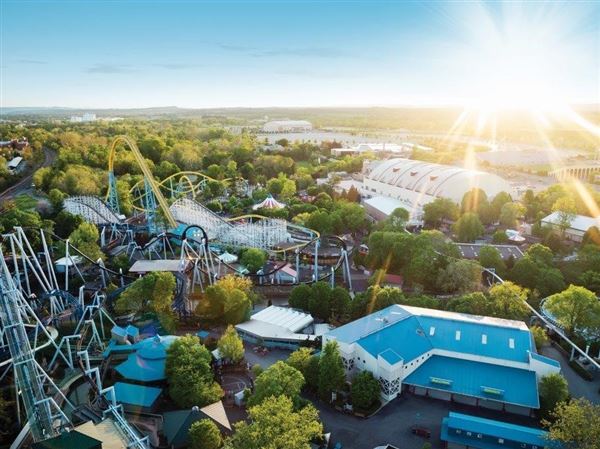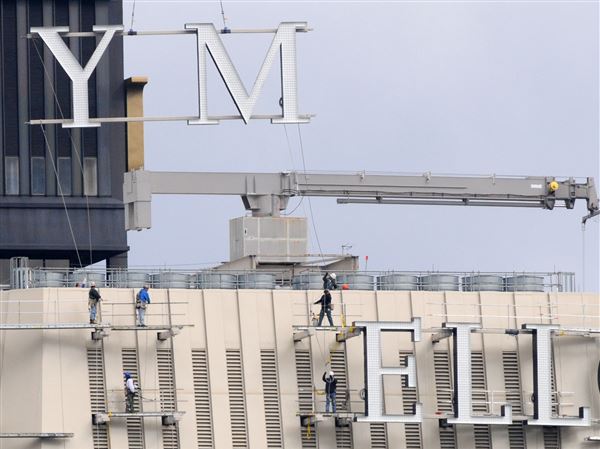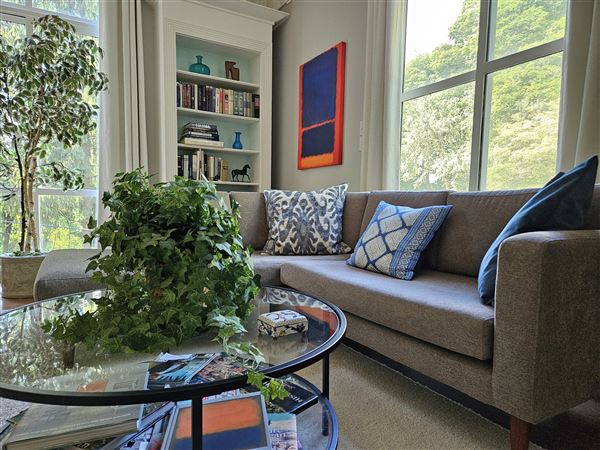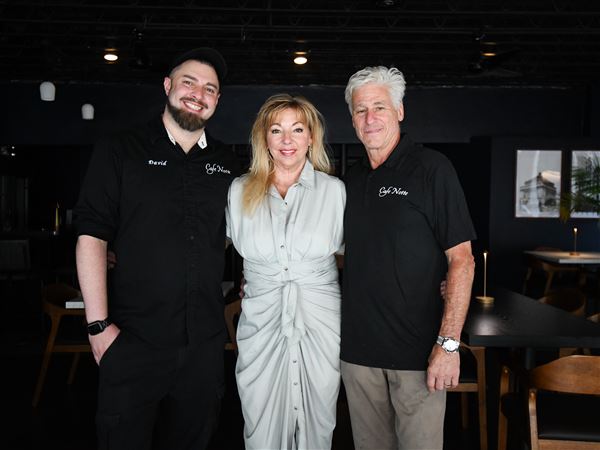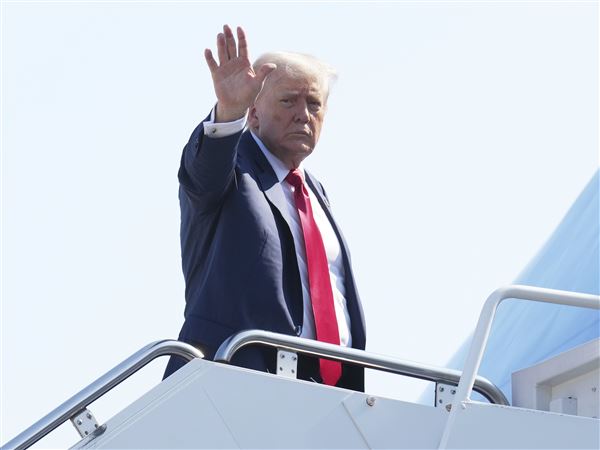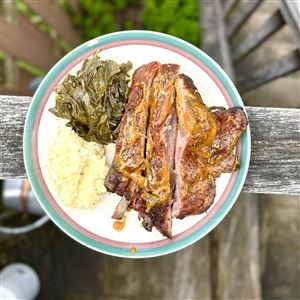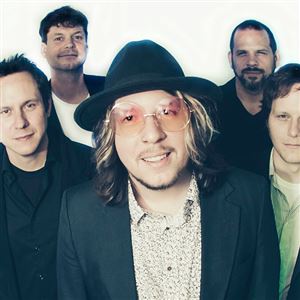On April 30, 1975, the day the last American helicopter left Saigon, Thich Kien Nhu was hurrying away from the Vietnamese city, too.
Huddled aboard a fishing boat, he was easing out to sea. Nhu's decision to flee probably saved his freedom, if not his life.
Now, Nhu, a Buddhist monk, leads activities at the religious center for the Buddhist Meditation Society of America in Pittsburgh on Braddock Avenue.
The temple, which is in Braddock, is part of a sangha, or monastic community, that Nhu is quietly developing in a neighborhood where young men pass the workday on street corners, where locked and rusting gates cover many storefronts.
In the next few years, Nhu hopes to add a convent to the sangha. In June, he purchased the Brandywine, a former bar, which is a few doors east of the worship center along Braddock Avenue.
About 1,500 Vietnamese immigrants live throughout the Pittsburgh area, said Nghi Nguyen, a member of the Vietnamese Association of Pittsburgh, based in Natrona Heights. The majority arrived in the late 1970s, like Nhu.
Some 500 of them practice Catholicism, said Nguyen. Most of the rest follow Buddhism.
About two scores attend meetings at the Meditation Society temple Sunday afternoons, said Nhu.
Three decades ago, when he was in his mid-30s, Nhu was an active opponent of Communism in Vietnam. The former teacher and attorney also belonged to the hated intellectual class, which the Viet Cong, who surged into his homeland after the war, targeted.
Nhu's escape was the first leg of a journey that eventually brought him to Florida.
He came to Pittsburgh four years ago, after living in the Washington, D.C., area for nearly three decades. A special celebration with lay Buddhists in Homestead brought him to Braddock's neighboring borough.
"When I came, I saw that many [of the Homestead Buddhists] are getting old, dying, that they need a monk here," he said. He decided to stay and began looking for a place to live and practice his faith.
He settled in Braddock, where Nhu said officials welcomed him. Since the area is zoned commercial, locating the temple there was uncomplicated by variances.
Braddock seemed a surprising location for the temple. Since the steel mills closed in the late 1980s, it has lost nearly half of its population. Although the median household income rose slightly from $17,340 to $18,473 between 1989 and 1999, the number of employed residents over the age of 16 went from 1,857 to 985 in the same span of time.
Nhu said he looked at locations near Downtown Pittsburgh but found they were too expensive. Buildings on the South Side were less so, but Nhu said the hills were daunting, especially for the older people.
He settled on the building along the main drag in Braddock because "the price was as low as I could afford."
According to the Allegheny County assessment Web site, the building sold for $1.
The granite-fronted building once housed a financial institution. Nhu said the interior needed little renovation before it was ready for services. The second floor has an area large enough for nearly 50 adults to sit cross-legged on the floor. Behind the meeting space are Nhu's living quarters.
On the first floor, there are four rooms. Two are sleeping rooms set aside for people on religious retreats. One is where a Vietnamese-speaking doctor maintains an office. In the last, language instruction is offered.
During religious services, flowers and food are arranged on a simple altar. Nearby, a statue of the Buddha sits in serenity. While the group of believers turns toward him, Nhu speaks of following a peaceful way of life and following Buddhism's Four Noble Truths:
 Life is suffering;
Life is suffering;
 Suffering is due to attachment;
Suffering is due to attachment;
 Attachment can be overcome;
Attachment can be overcome;
 There is a path to accomplish this.
There is a path to accomplish this.
Buddhism began in India in the fifth century B.C. The title Buddha means "the enlightened one" and refers to Siddhartha Gautama, a prince who left his home and family in a quest to understand the causes of suffering and how to live free of that burden.
According to the Encyclopedia Britannica Almanac 2003, the religion teaches that by adhering to the Buddha's wisdom, one "can alleviate suffering through an understanding of the transitory nature of existence, in hopes of achieving enlightenment." The transitory nature of life is embodied in a belief in reincarnation.
Nhu grew up in a Buddhist family of seven children, two of whom as adults were imprisoned by the Communists. But it was not until he had lived in the United States for four years that he began to study the philosophy with intensity.
Nhu said the teachings adhere to a strict code of morality and ethics.
"Teach [people] how to treat each other; how to treat themselves; a routine for living," he said. "No stealing. No telling lies. No drinking. No drugs. ... If you [do] something wrong; you get something wrong [done to you]."
He said he studied the writings of Buddha for 14 years before taking monastic vows in 1994.
"What I have is better than what I had in a previous life," Nhu said, referring to the Buddhist doctrine of reincarnation. "You see a person right now, you know how he was in a previous life. We believe that."
Recalling his open opposition to Communism in wartime Vietnam, Nhu said, "Before, I had enemies." His life in Buddhism has changed that. "Now all are friends. Then, when someone hit me, I hit back. No more."
First Published: September 29, 2004, 4:00 a.m.
